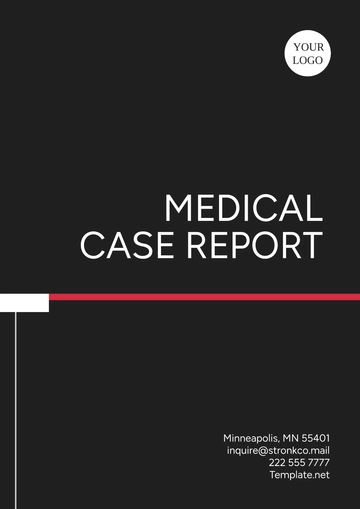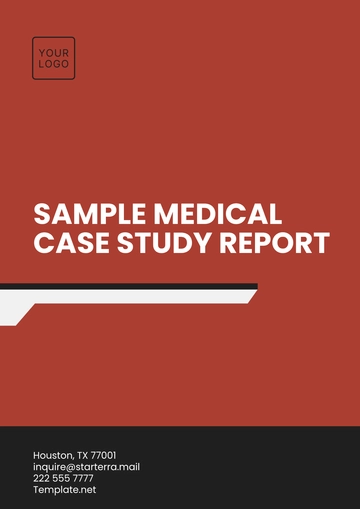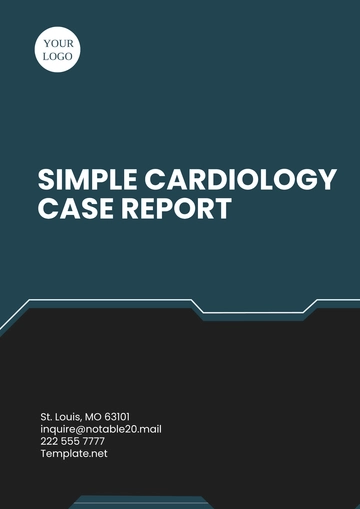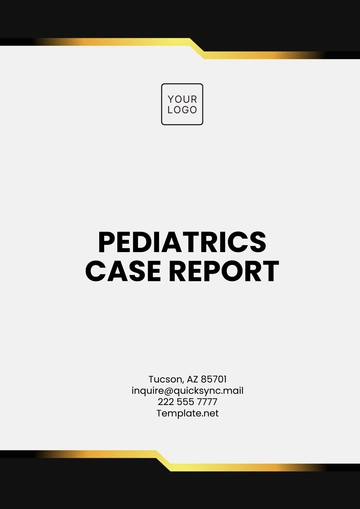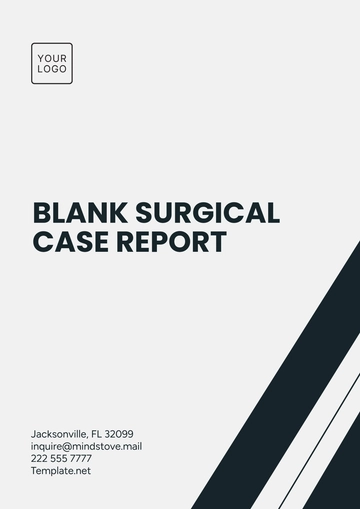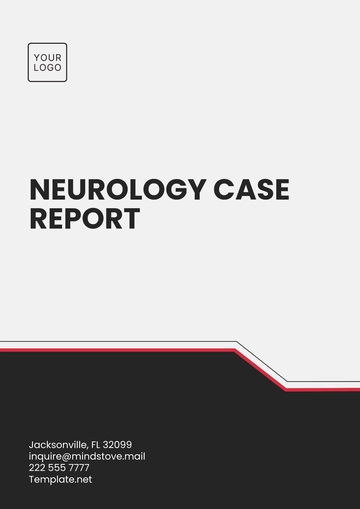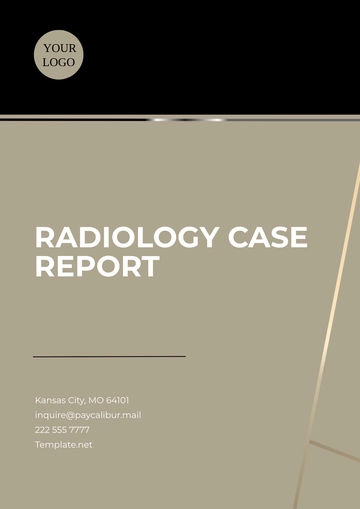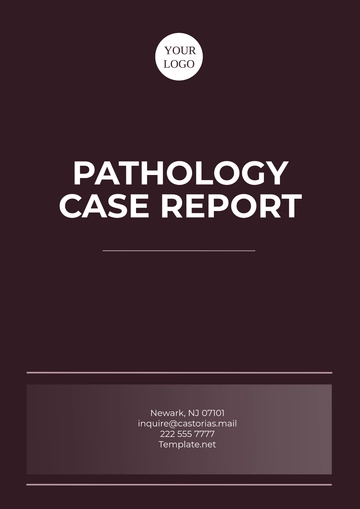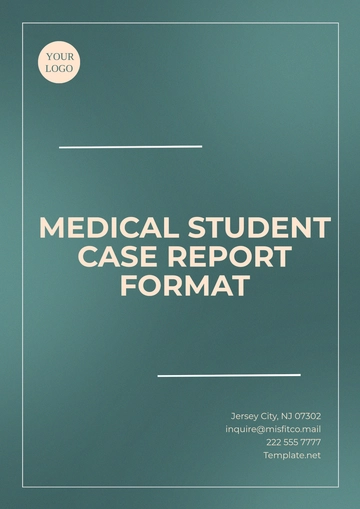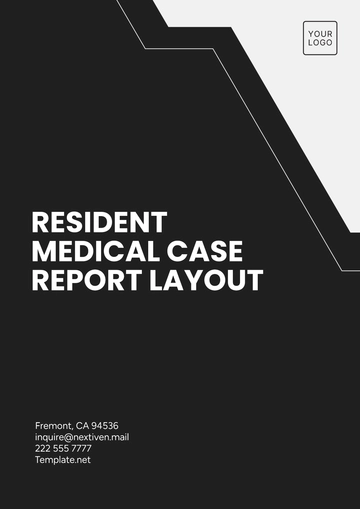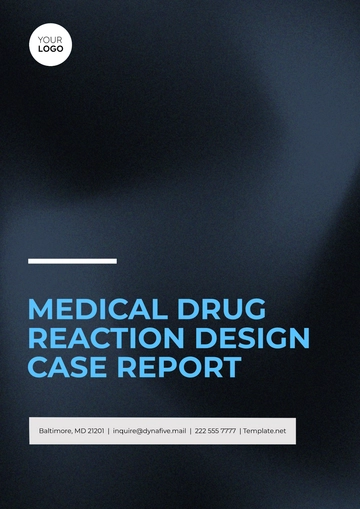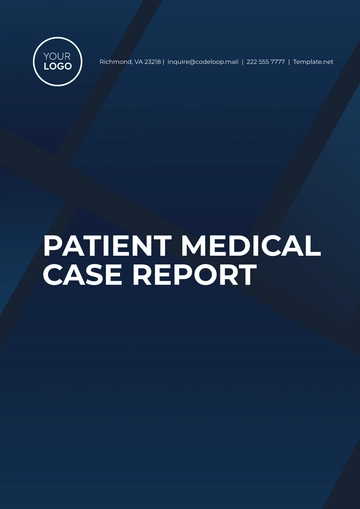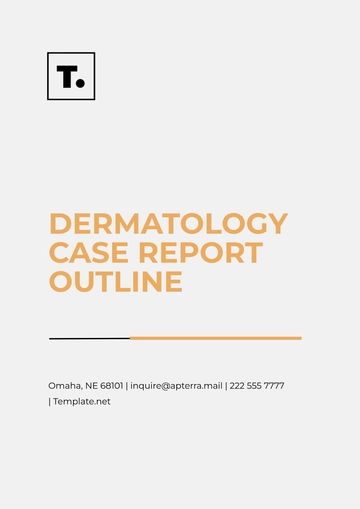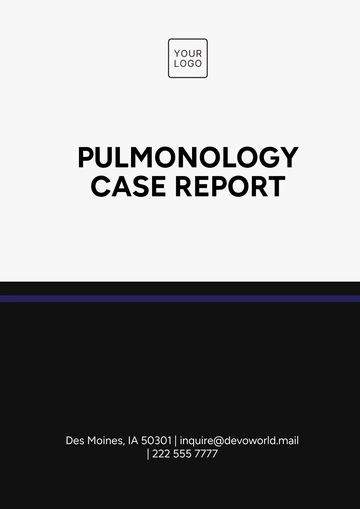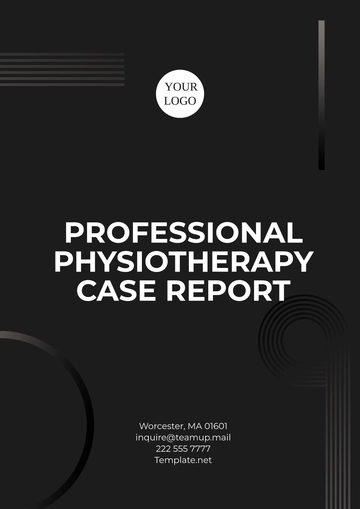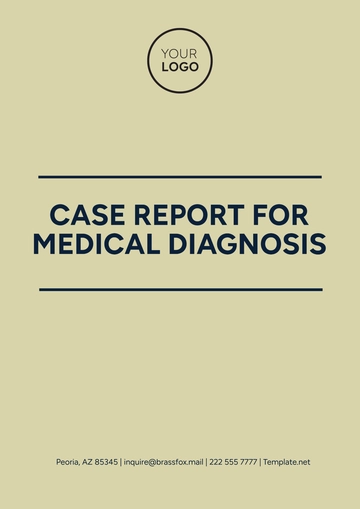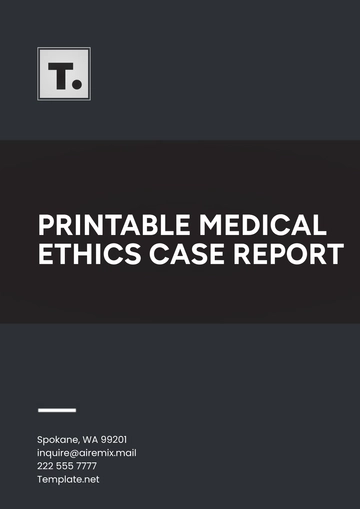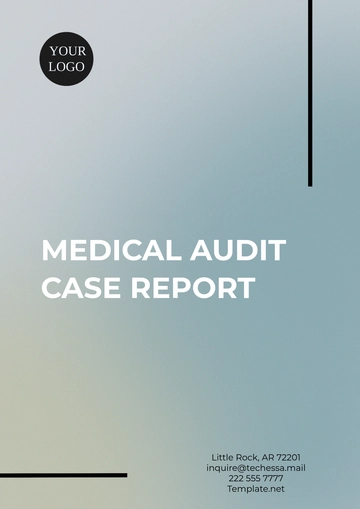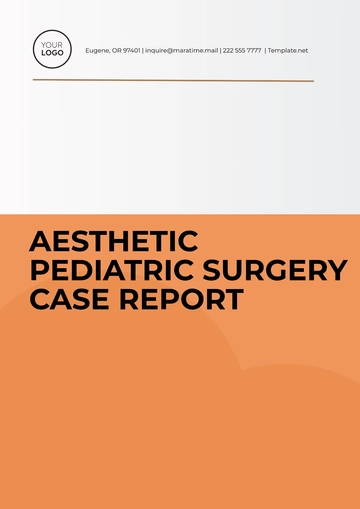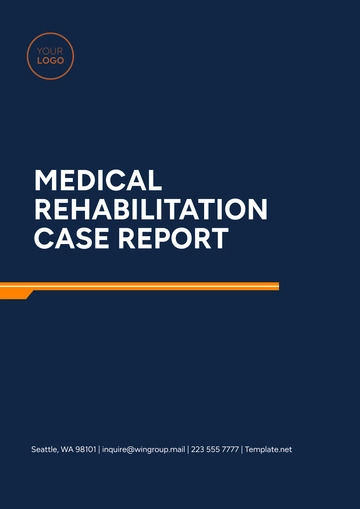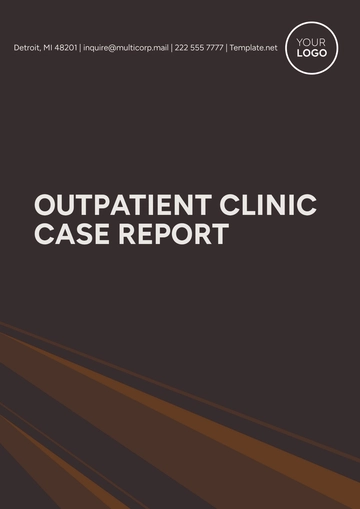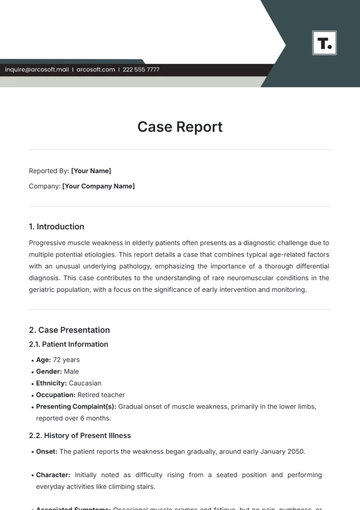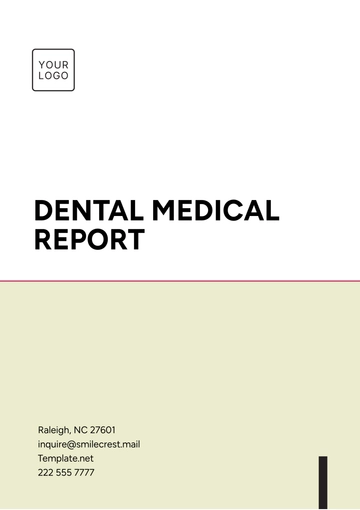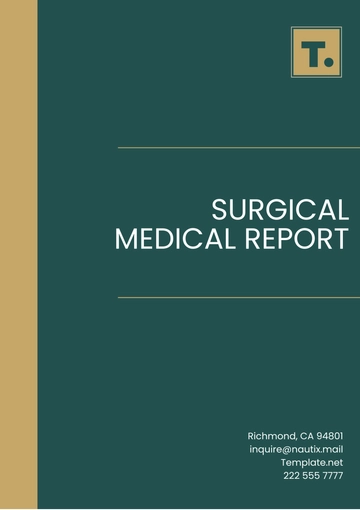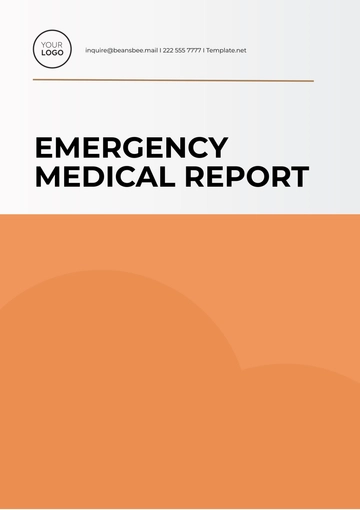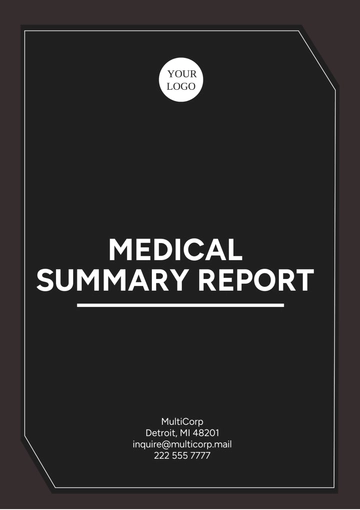Free Case Report for Medical Diagnosis
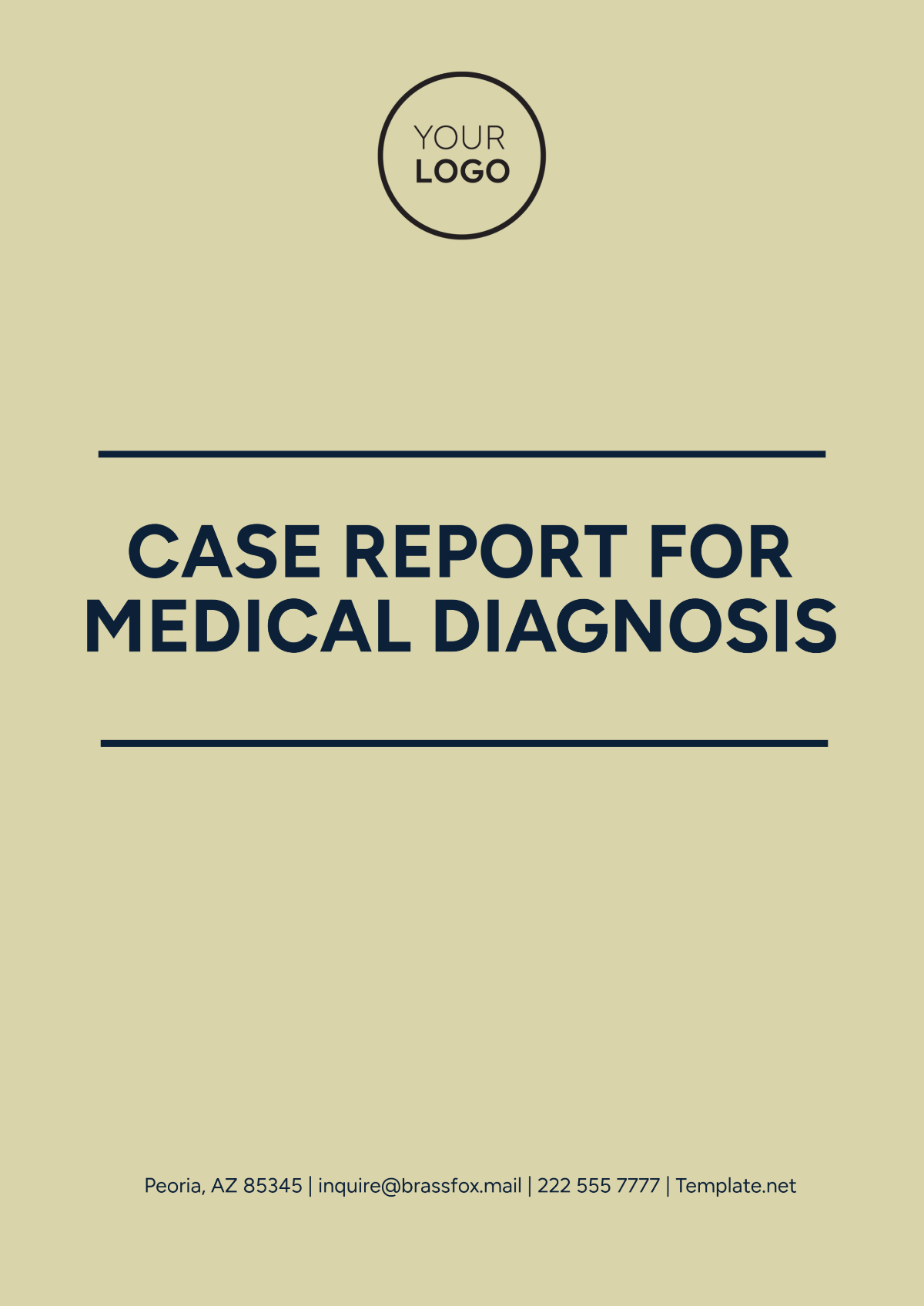
1. Introduction
This case report presents a comprehensive analysis of a patient's medical diagnosis, providing detailed insights into the initial presentation, clinical findings, diagnostic procedures, and treatment plan. The aim is to offer a structured and informative overview that can aid in future diagnosis and management of similar cases.
2. Patient Information
A. Demographics
Age: 45 years
Gender: Female
Ethnicity: Caucasian
Occupation: Teacher
B. Presenting Complaints
Severe headaches
Persistent fatigue
Intermittent fever
C. Medical History
The patient has a history of hypertension and asthma, both of which are currently managed with medication. No reported history of allergies or recent surgical procedures. Family history does not indicate any hereditary disorders.
3. Clinical Findings
A. Physical Examination
Parameter | Finding |
|---|---|
Temperature | 38°C (100.4°F) |
Blood Pressure | 145/90 mmHg |
Heart Rate | 95 bpm |
Respiratory Rate | 20 breaths per minute |
General Appearance | Pale, tired-looking |
B. Laboratory Tests
Complete Blood Count (CBC) revealed mild leukocytosis.
Liver function tests were inconclusive.
Normal levels of electrolytes, creatinine, and urea.
4. Diagnostic Assessment
A. Imaging Studies
A CT scan of the head was performed to rule out any intracranial causes of the headache. Results were normal without signs of hemorrhage or mass effect.
B. Differential Diagnosis
Migraine
Chronic Fatigue Syndrome
Viral infection
Further evaluation was conducted to narrow down the underlying cause.
C. Confirmed Diagnosis
After a thorough consideration of all findings, the patient was diagnosed with a severe migraine exacerbated by hypertension.
5. Treatment Plan
A. Medication
Analgesics: Ibuprofen 400 mg three times daily as needed for headache relief.
Antihypertensives: Adjustment of existing medication dosage to better manage blood pressure.
B. Lifestyle Modifications
The patient was advised to incorporate stress management techniques into her daily routine, such as:
Regular physical exercise
Relaxation exercises such as yoga or meditation
Ensuring adequate hydration and regular meal times
C. Follow-Up
A follow-up appointment was scheduled for three weeks post-treatment initiation to assess the effectiveness of the intervention and make necessary adjustments.
6. Discussion
This case highlights the complexity often encountered in diagnosing conditions with overlapping symptoms such as headaches and fatigue. It underscores the importance of a comprehensive approach including a thorough history, physical examination, and targeted diagnostic tests. Management was tailored to address both symptom relief and underlying causes, illustrating the need for personalized treatment strategies.
7. Conclusion
The structured assessment approach facilitated an accurate diagnosis of migraine compounded by hypertension, enabling an effective treatment plan. Continued monitoring and patient education were pivotal in managing this case and improving the patient's quality of life.
- 100% Customizable, free editor
- Access 1 Million+ Templates, photo’s & graphics
- Download or share as a template
- Click and replace photos, graphics, text, backgrounds
- Resize, crop, AI write & more
- Access advanced editor
Create thorough diagnostic reports with Template.net’s Case Report for Medical Diagnosis Template. This editable and customizable format is perfect for capturing key patient information and diagnosis details. Editable in our AI Editor Tool, it offers healthcare providers a reliable, professional layout for medical case documentation.
You may also like
- Sales Report
- Daily Report
- Project Report
- Business Report
- Weekly Report
- Incident Report
- Annual Report
- Report Layout
- Report Design
- Progress Report
- Marketing Report
- Company Report
- Monthly Report
- Audit Report
- Status Report
- School Report
- Reports Hr
- Management Report
- Project Status Report
- Handover Report
- Health And Safety Report
- Restaurant Report
- Construction Report
- Research Report
- Evaluation Report
- Investigation Report
- Employee Report
- Advertising Report
- Weekly Status Report
- Project Management Report
- Finance Report
- Service Report
- Technical Report
- Meeting Report
- Quarterly Report
- Inspection Report
- Medical Report
- Test Report
- Summary Report
- Inventory Report
- Valuation Report
- Operations Report
- Payroll Report
- Training Report
- Job Report
- Case Report
- Performance Report
- Board Report
- Internal Audit Report
- Student Report
- Monthly Management Report
- Small Business Report
- Accident Report
- Call Center Report
- Activity Report
- IT and Software Report
- Internship Report
- Visit Report
- Product Report
- Book Report
- Property Report
- Recruitment Report
- University Report
- Event Report
- SEO Report
- Conference Report
- Narrative Report
- Nursing Home Report
- Preschool Report
- Call Report
- Customer Report
- Employee Incident Report
- Accomplishment Report
- Social Media Report
- Work From Home Report
- Security Report
- Damage Report
- Quality Report
- Internal Report
- Nurse Report
- Real Estate Report
- Hotel Report
- Equipment Report
- Credit Report
- Field Report
- Non Profit Report
- Maintenance Report
- News Report
- Survey Report
- Executive Report
- Law Firm Report
- Advertising Agency Report
- Interior Design Report
- Travel Agency Report
- Stock Report
- Salon Report
- Bug Report
- Workplace Report
- Action Report
- Investor Report
- Cleaning Services Report
- Consulting Report
- Freelancer Report
- Site Visit Report
- Trip Report
- Classroom Observation Report
- Vehicle Report
- Final Report
- Software Report
